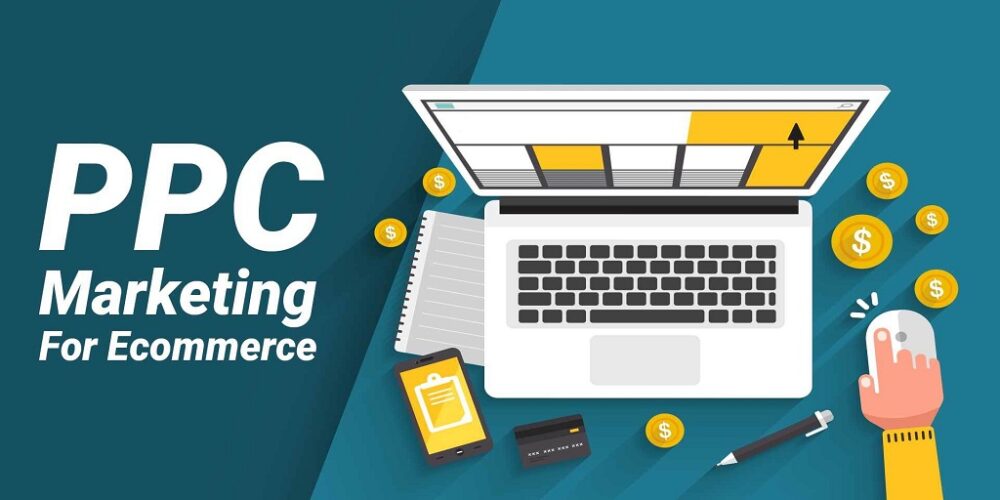A paid advertising campaign like a pay-per-click campaign can be a great way to drive traffic to your online store – when your campaign is managed effectively.
One of the facets of proper eCommerce PPC management is to target the audience to ensure that your ads are only displayed to interested, qualified audiences.
In-Market Audience Targeting
In-market audiences are qualified by Google as audiences that are considered to be “in the market” for a specific class of goods or services.
You can target in-market audiences according to specific markets, such as “Apparel & Accessories,” Business Services,” or “Beauty Products & Services.”
This layer of audience targeting can help focus targeting on users that have exhibited some sort of research behavior in a specific market, connoting their interest in the market and qualification.
Custom Intent Audiences
Custom intent audiences are a sort of targeting that allows your campaign to focus on specific users that have taken specific actions to research products or peripherals in the industry in question.
You can target custom intent audiences according to keyword, but Google also actively creates its own custom intent audiences that you can use to refine your targeting approach.
Affinity Audiences
Affinity audience targeting casts a fairly wide interest with the intent of capturing the attention of users that have shown interest in products or services that are similar in some aspect to yours – that is, they may have an affinity.
Targeting audiences in this fashion is a good way to spread brand awareness. Like in-market audience targeting, you can select from a group of products, services, categories, or industries affinity for which you want to target.
You also have the option of targeting your own affinity audiences by using keywords and URLs to qualify them.
Similar Audiences
Targeting similar audiences allows you to target users according to certain patterns and criteria they have exhibited (as detected by Google) that qualify them as “similar” in some way or other to one of your existing audience categories.
Google creates a similar audience list which you can then target as Google qualifies it or with the additional qualifying layers.
One note is that in order to take advantage of Google’s ability to create similar audiences, you must first create a well-qualified and carefully segmented remarketing list that Google can follow to uncover these trends.
Why Audience Targeting Matters
Audience targeting, as a subsegment of broader PPC targeting, is vital to the success of a PPC campaign.
This is because, in addition to other factors like demographics, qualifying life events, and geographic and device targeting, audience targeting allows your campaign to key in on fine details and patterns of consumer behavior that might be statistically linked to interest in your industry, products, or services.
That is, by taking advantage of audience targeting, you can give your PPC campaign an edge that it would otherwise lack. Improving the success of your ad groups will drive up your ROI and the overall profitability of your PPC campaign.
If you don’t believe it, just ask any eCommerce PPC agency. They know how this is done.
Learn More from an eCommerce PPC Agency
Every eCommerce PPC agency knows that fresh ad copy, ad management, and targeting are pivotal in every PPC ad campaign. If you feel that your paid search marketing strategy just hasn’t been returning adequately for your eCommerce business, then the problem might be targeting.
Reach out to an account manager at 1DigitalⓇ Agency for a free eCommerce PPC audit. Whether the problem is lacking keyword research, poorly optimized landing pages, or targeting, they’ll get to the bottom of it and show you the results.
If you’re already running an eCommerce PPC campaign, don’t delay. Time is money.












